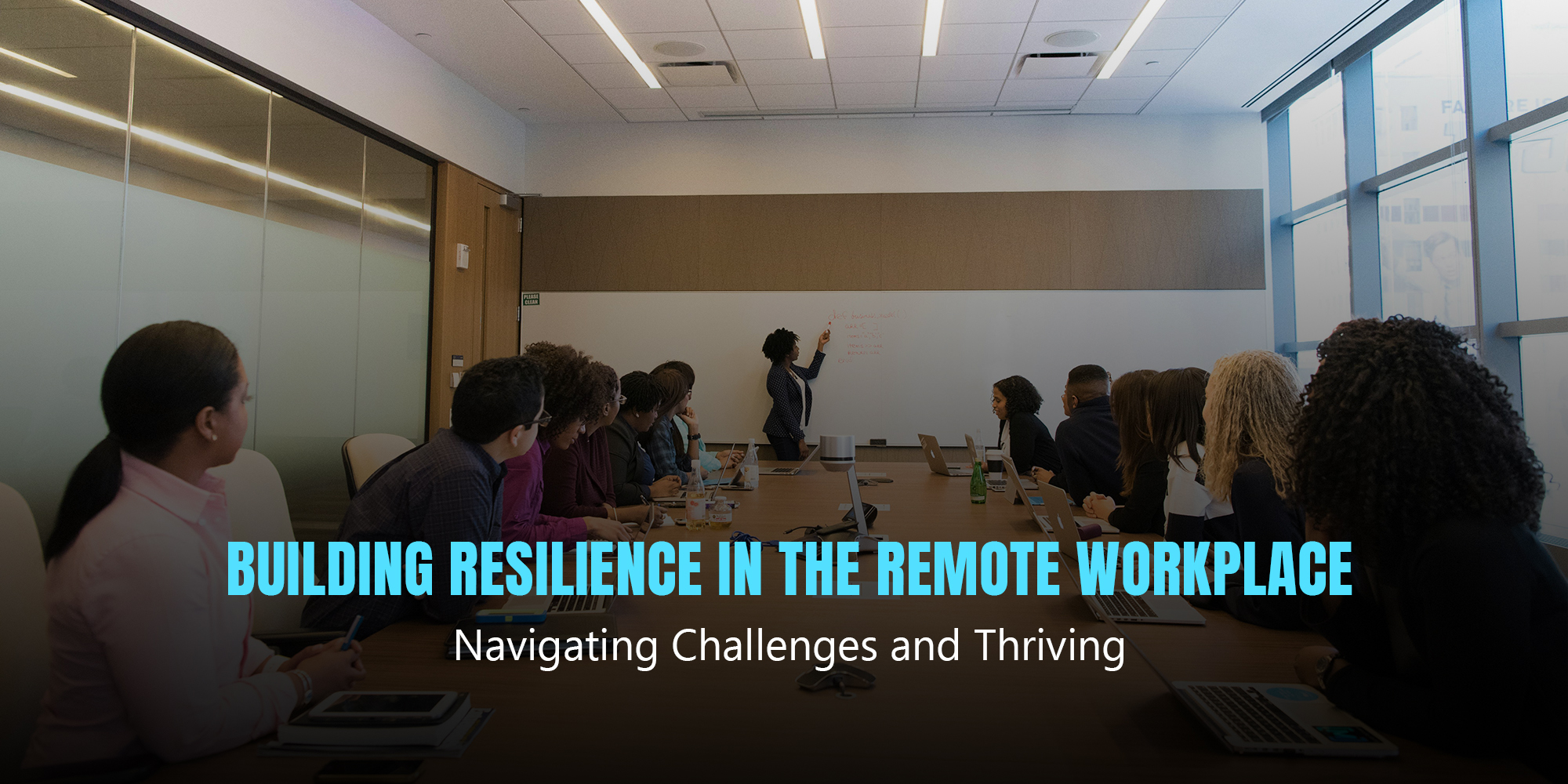
Introduction
The startup landscape is exhilarating – a whirlwind of innovation, ambition, and yes, challenges. From product development hurdles to unforeseen market shifts, navigating these obstacles is a defining factor in a startup’s success. This article explores key strategies for effective problem-solving, specifically tailored to the dynamic environment of early-stage ventures.
Embracing Agility: Fail Fast, Learn Faster
Agility is paramount in the startup world. Think of it as navigating a rapidly changing market landscape. The ability to adapt quickly and learn from missteps is crucial. Embrace the concept of “failing fast.” Experimentation and calculated risks are essential for innovation. If a feature underperforms, don’t let it derail your progress. Analyze the situation, adjust your approach, and move forward. Every “failure” presents valuable learnings that propel you closer to success.
Prioritization: Focusing on Core Issues
Startups operate with limited resources. Effectively prioritizing problems is critical. Focus your energy on issues that directly impact core functionalities or customer satisfaction. Ask yourself: “Does this problem affect our ability to deliver our value proposition?” If not, consider addressing it later. Utilize frameworks like the Eisenhower Matrix to categorize problems based on urgency and importance.
Harnessing the Power of Diverse Thinking
The most innovative solutions often emerge from unexpected sources. Startups thrive on the power of diverse perspectives. Foster a culture of open communication and encourage team brainstorming sessions. Recognize that your team members bring unique experiences and skillsets to the table. This diversity can spark creative solutions you might not have considered on your own.
Data-Driven Decisions: Leveraging Analytics for Impact
While intuition can be valuable, data and analytics are your most reliable allies when tackling challenges. Data acts as a powerful lens, illuminating the root cause of the problem and its true impact. Track key metrics relevant to the issue at hand. This data will inform your decision-making and allow you to measure the effectiveness of implemented solutions.
Testing and Iteration: Refining Solutions for Optimal Results
Don’t expect a one-size-fits-all solution. The best approaches often emerge through a process of testing and iteration. A/B testing allows you to compare different approaches to a problem and identify the most effective one. For example, test two website layouts to see which one drives higher customer engagement. Data from your tests will guide you in refining your solution and iterating until you achieve the desired outcome.
Leveraging Your Network: Building Strategic Partnerships
Building a strong network is essential for any startup founder. This network can be a valuable resource when facing challenges. Seek guidance from experienced mentors or advisors who have likely encountered similar hurdles in their own journeys. They can offer valuable insights, connect you with relevant resources, and provide ongoing support. Industry networks serve as another valuable resource. Connecting with other entrepreneurs fosters knowledge sharing, collaboration, and fresh perspectives on the problems you’re facing.
Maintaining a Positive Mindset: Fostering Resilience
The startup journey is inherently challenging. Cultivate a positive attitude and focus on solutions. Celebrate your team’s resilience and remember the initial spark that ignited your entrepreneurial spirit.
By embracing these strategies and fostering a culture of effective problem-solving within your startup, you’ll equip yourself and your team to navigate any obstacle that comes your way. Remember, effective problem-solving is the cornerstone of sustainable growth in the dynamic world of startups. So, buckle up, leverage your resources, and conquer those challenges!









